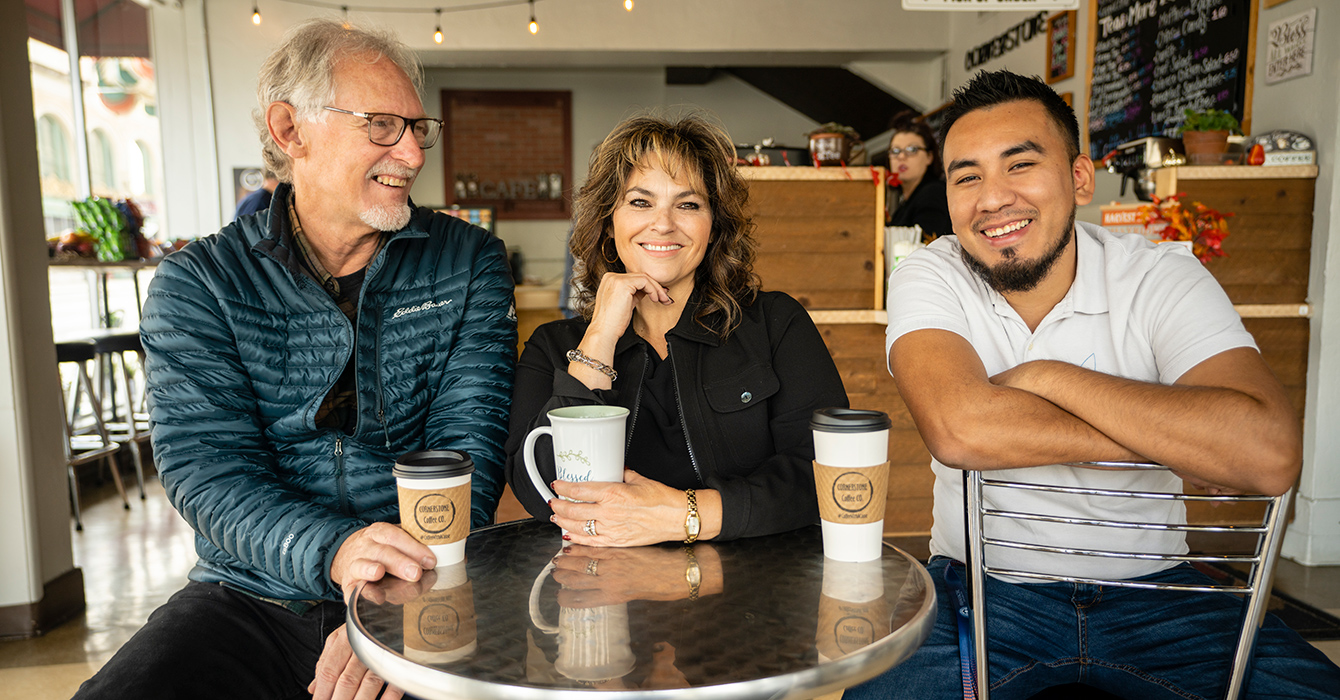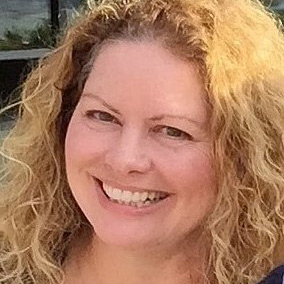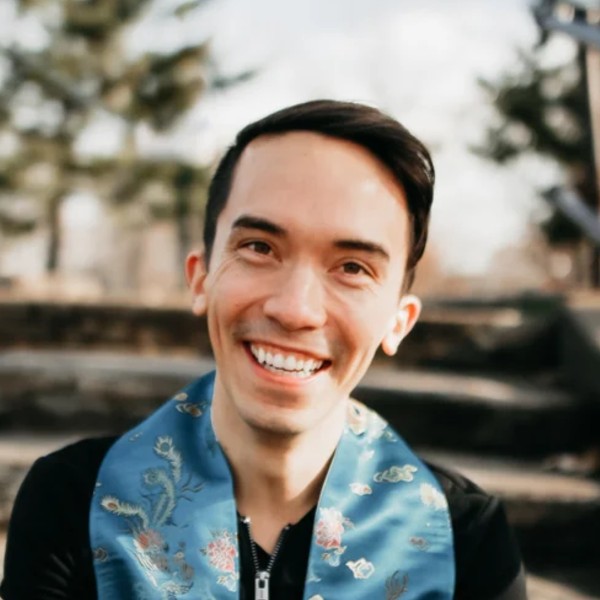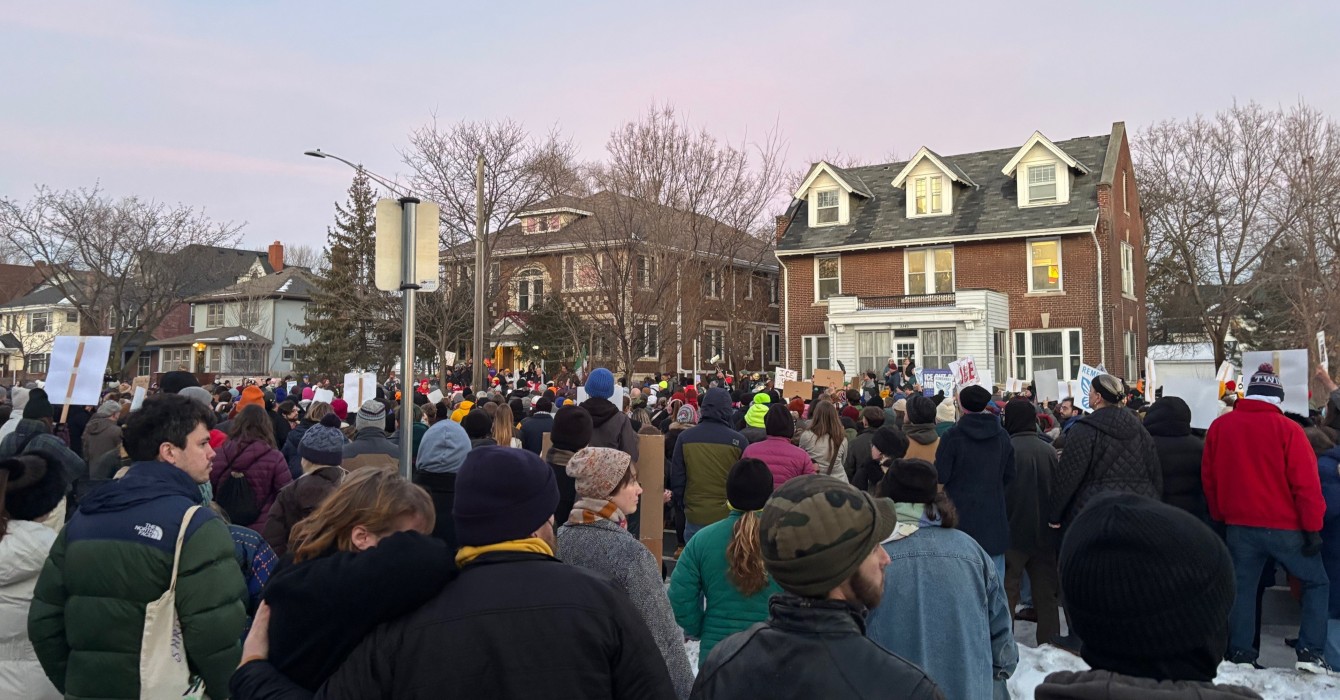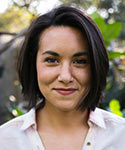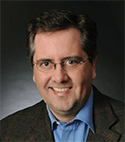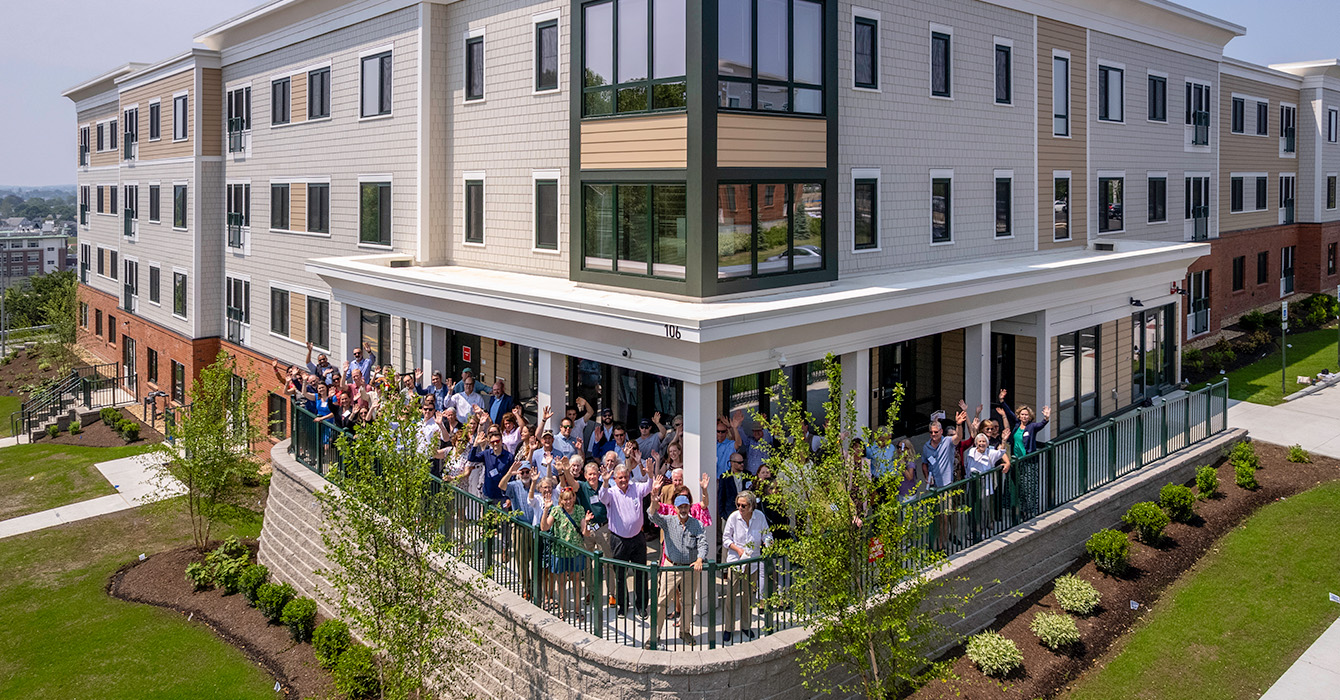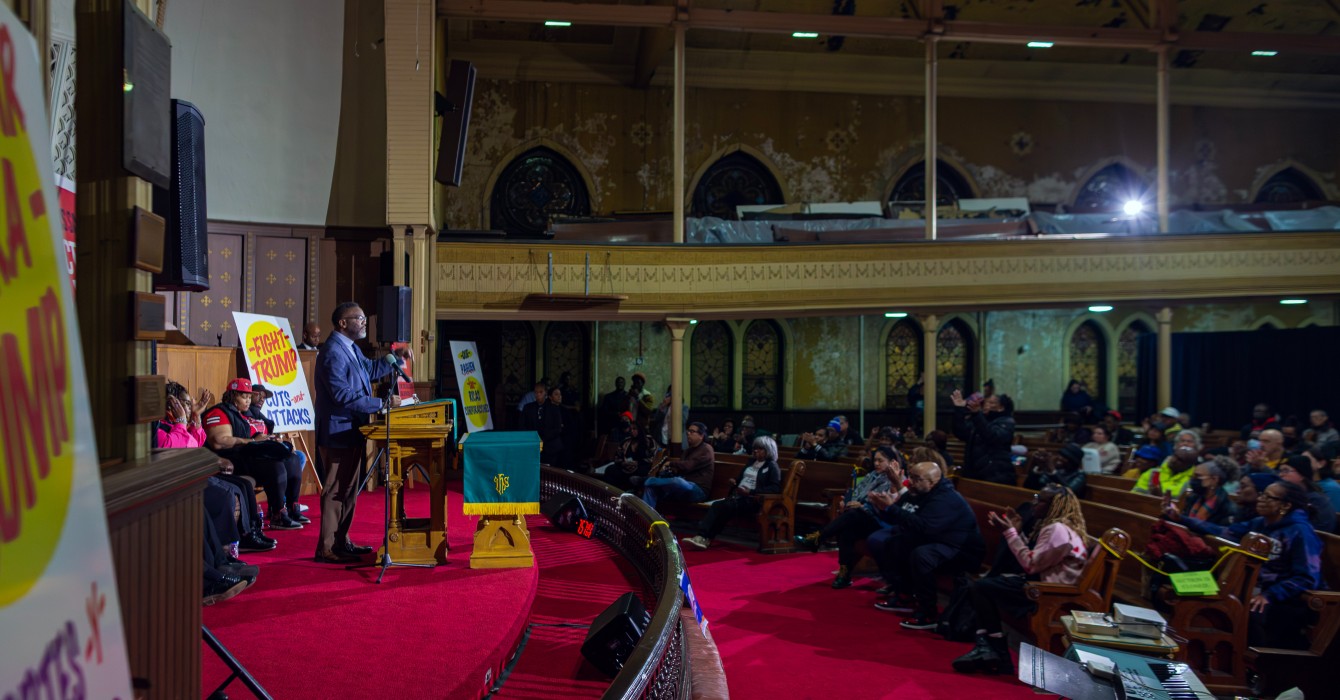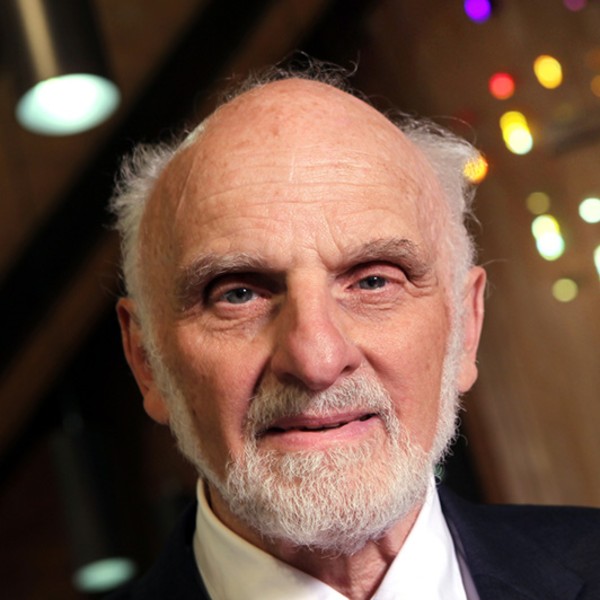When a church decides to tackle a community problem, it often looks to launch a nonprofit. But in Fresno, a major California city scarred by concentrated poverty, the Center for Community Transformation shepherds a different idea: for-profit businesses with a social purpose.
The center, part of Fresno Pacific University and its biblical seminary, champions “social enterprise” partly by investing money and resources in people of “good faith and good will.” It's headquartered in a small converted single-story home that blends seamlessly with other 1960s-era houses on a shady block near the university’s main campus.
From there, the center’s pitchfest Spark Tank — think television’s “Shark Tank” without teeth — and companion Social Enterprise Academy cultivate a brand of missional entrepreneurship that can take on chronic city and regional troubles such as homelessness, unemployment and substance abuse.
Fresno, with a population of nearly 550,000, is the fifth-largest city in California. It sits in the agriculture-is-king heartland of the Central Valley, where Fresno County reigns as the top farm county in the state. But the cracks in that crown include a less-diversified economy, generally low-wage agriculture jobs with migrant labor, an undereducated workforce and strong reactions to economic turbulence.
“When the nation catches a cold, we get pneumonia here,” said Randy White, the executive director of the Center for Community Transformation.

According to the Brookings Institution, Fresno ranks second in the nation — behind only McAllen, Texas — in concentrated poverty, with dozens of census tracts where at least 40% of residents live below the federal poverty line. Local unemployment is generally at least double the national average, and Fresno has more payday lenders — which follow corridors of poverty — than Starbucks and McDonald’s, White said.
Against that backdrop, the Center for Community Transformation nurtures the social, economic, physical and spiritual welfare of San Joaquin Valley communities. It operates rent-free from the modest home owned by Fresno Pacific, a Christian institution with roughly 4,000 students attending undergraduate, bachelor’s degree completion, master’s degree and seminary classes.
White, a longtime urban activist and author of books and articles on urban ministry, founded the center in 2012. The push toward social enterprise began when then-Fresno mayor Ashley Swearengin asked pastors and faith leaders to think about their role in the economic well-being of the city.
The center landed on social entrepreneurship. The concept marries a for-profit business model with an environmental or community mission, often by catalyzing a church’s dormant assets — space, for example — along with its congregation.
“We feel like social enterprise — and we see it in the Bible — is an historical practice that the church can lean into,” said Carlos Huerta, a soft-spoken millennial and the center’s associate director. “We want to invest in community members solving community problems.”
Who nurtures the social, economic, physical and spiritual welfare of your community? How do you join forces to improve the welfare of all people?
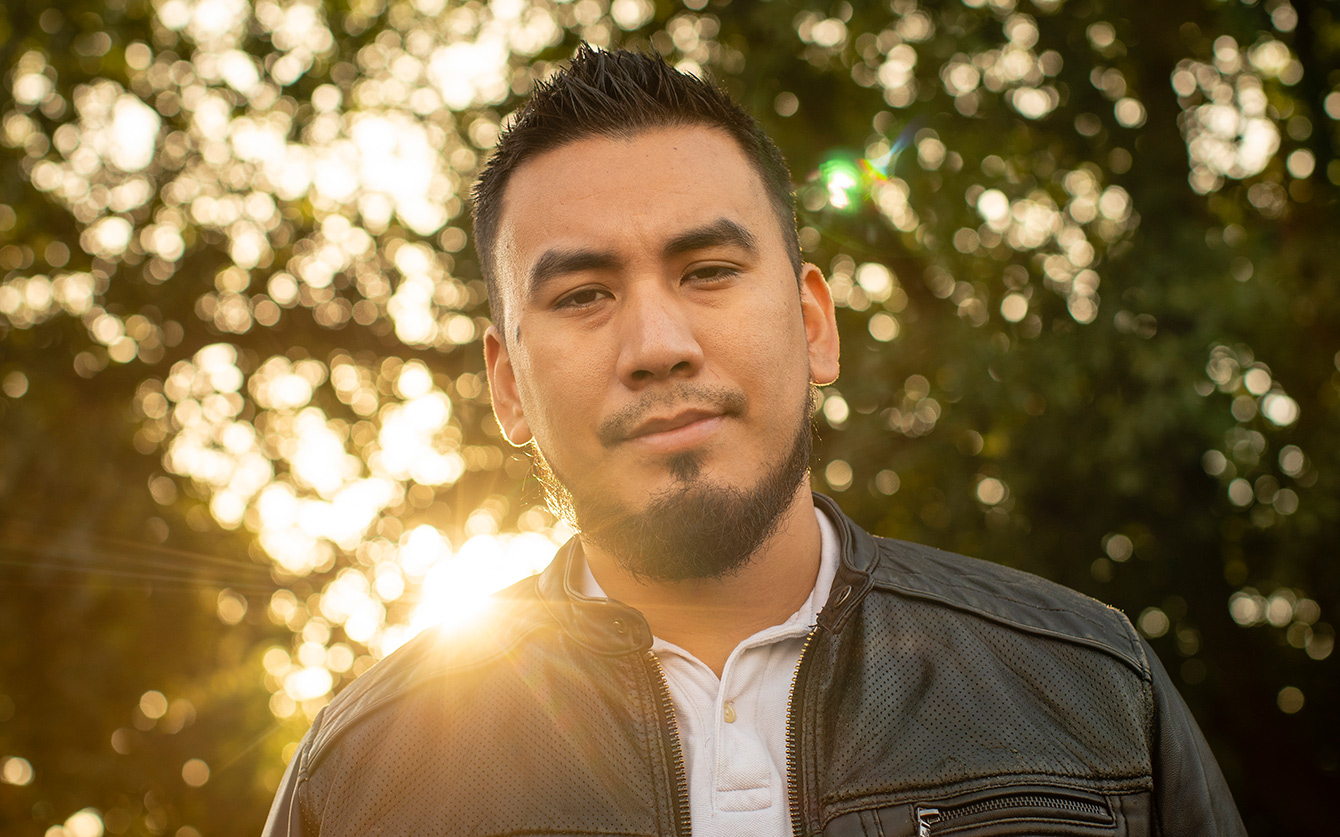
One of Huerta’s main responsibilities is overseeing programs in entrepreneurship, financial literacy, ministry leadership training and soft-skills job training. Huerta isn’t far from home — he grew up in poverty in nearby Caruthers as the son of immigrants. His mother frequently worked two or three jobs to keep the family afloat after his father left; as the oldest of three children, Huerta often was at her side.
He was smart, and in high school, he also discovered that he was fast. That produced a track scholarship at Fresno Pacific, where his brief career ended after he broke bones in both legs. Huerta continued on campus, even interning at the center, and earned a bachelor’s degree in social work. Two master’s degrees, including an MBA, followed, along with jobs in both the nonprofit and for-profit worlds. Before joining the center, he worked in a marketing and sales job that filled his bank account but not his soul.
Huerta was praying, asking whether he was in the right place, when White reached out with a “pretty terrible offer” they laugh about now: work at the center for about 10 hours a week and minimum wage. Huerta, now married with two children, accepted and soon moved up, becoming program director in 2016 and associate director in 2019.
While White started the Spark Tank, it was Huerta who developed supporting infrastructure such as social business plan workshops and mentoring.
Since launching in 2013, Spark Tank has handed out $136,000 in startup awards, funded by a variety of fundraising from individual donors, financial institutions and grants, and helped catalyze nearly 60 social enterprises in the Central Valley. The success rate, measured by businesses generating revenue three-plus years after startup, has been 58% — well above the national average, Huerta said — with 20 of those businesses generating a collective $4.91 million in revenue from 2017 to 2020.
Nationally, less than 10% of new startups survive. The center stays in contact with Spark Tank winners, conducting interviews with them over the critical first three years to evaluate their impact in business and mission.
Spark Tank-funded enterprises include an urban coffeehouse that supports and employs women recovering from substance abuse, a landscaping company that hires men with barriers to employment like prison records, and a tree-trimming business that hires and trains the formerly homeless.
The center’s work ripples across the country. Dave Hillis, the president of Leadership Foundations, a faith-based network driving spiritual and social change in cities around the world, holds up Fresno as a model for other cities exploring the same concept.
Spark Tank, for one, is “a wonderfully creative innovation,” said Hillis, who heads the Tacoma, Washington-based network. He praised the center’s track record of outcomes and said its leadership is skilled at communicating social enterprise as a worthy pursuit.
Spark Tank’s for-profit focus is important, Huerta said. “We really want to encourage folks to think of for-profit businesses, mainly because nonprofits run on charity, so they are competing for this ethereal 10% of the marketplace, which is giving,” he said.
Tapping into the other 90% opens up the economic landscape, and Spark Tank offers the foothold of cash.
What can it look like for you to come alongside and empower community members?
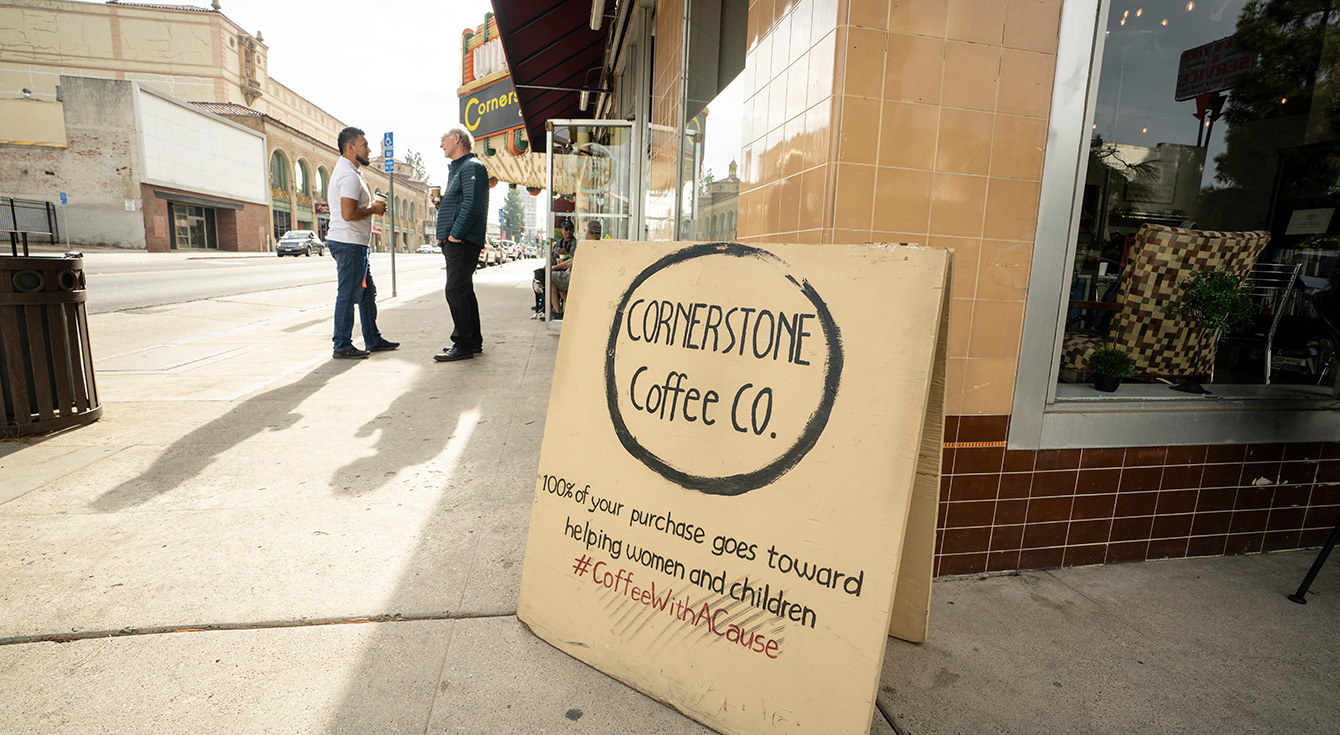
“Part of why Spark Tank exists is solving this problem of startup funding,” Huerta said. “It either doesn’t exist or it’s super expensive, especially for social enterprises. That seed funding is kind of taking a risk on a risky idea on paper.”
Any team that wins a Spark Tank award enters the Social Enterprise Academy. Huerta and another colleague developed the four-session, 32-hour program taught by practitioners and educators with experience in that world. Students, for example, might have a mission but not a clear service or product or might need basic training in identifying customers or running a business. Beyond the formal sessions, each person or team is assigned a business coach and connected to others who might help in launching a social enterprise.
Applicants to Spark Tank make their pitches to a panel of outside judges like Bryan Feil, a social entrepreneur who is vice president of real estate development at Bitwise Industries. The Fresno-based technology incubator trains workers in marginalized communities and transforms blighted and forgotten buildings into thriving commercial spaces.
Judges assess “the viability of the business and whether its enterprise lifts up our city and our valley, and if we think we can help spur it on with a little bit of investment,” Feil said. “At the end of the day, in a lot of ways, it’s about the person. What ultimately works is seeing a strong leader who has the vision and just needs a little sharpening on the skill set.”
In your community, who is willing to fund a good idea? Who has a deep understanding of the challenges in your community but needs a few thousand dollars to get started?
The center doesn’t ask for an equity stake in any enterprise, so the return on investment is purely social or environmental.
Trim a Tree With Me, for example, was started by Pastor Delfina Vazquez, who runs Selma Community Outreach Ministries in the small city just south of Fresno
Earlier this year, Spark Tank provided $10,500 in seed money for the social enterprise which provides jobs and job training to the homeless.
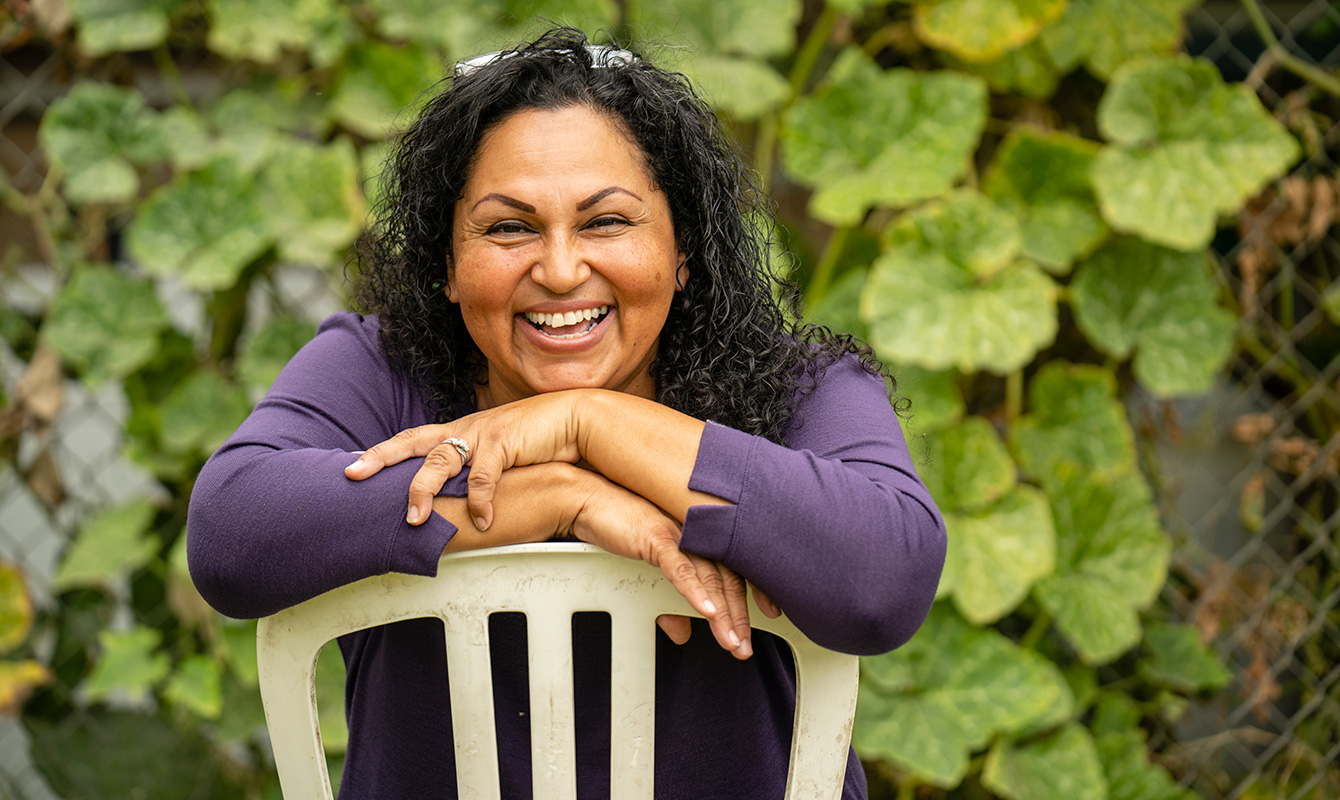
At Fresno’s Cornerstone Coffee Co., espressos and lattes help support The Light-House Recovery Program, a faith-based nonprofit that serves women like Elizabeth Rosner, who went from living under a freeway to healing in the recovery program and then working as a barista.
Rosner said her meth addiction led to jail and separation from her three children. Now she’s making the most of her second chance: “There’s no other way but to be up than down.”
Vikki Luna, the founder and CEO of The Light-House Recovery Program, won Spark Tank funding a few years ago to pay for the coffee shop’s commercial refrigerator. She also earned an award to help with a clothing line and, most recently, $4,100 to invest in a thrift store that expands her primary mission to help women recovering from substance and alcohol abuse.

Obviously, Huerta hopes each funded social enterprise can succeed like those that support The Light-House. But failure isn’t necessarily negative — or, as Huerta puts it: “Fail fast, fail small, and fail forward.”
“There are always lessons to be learned,” said Feil, the Spark Tank judge. “If somebody starts a business and it doesn’t work out, that’s the story of a lot of companies. But how are those lessons going to make you a better entrepreneur and social developer?”
One answer comes from Fresno’s On Ramps Covenant Church, which considers its parish to be the historic, diverse and impoverished Lowell neighborhood. The church’s first two Spark Tank-awarded enterprises — focused on marketing and landscaping — collapsed when the entrepreneurs fizzled out and no one in the congregation could fill their shoes.
Phil Skei, who co-pastors the church with his wife, Rici, calls the failures painful but instructive.
“We were building around the passion of someone else,” said Skei, who attended the Social Enterprise Academy. “I think one of the things that we learned as a church is if we are going to be successful in running social enterprise, we are going to have to staff that appropriately.”
What did you learn from your last failure? How do those lessons help with the next idea? Who deserves the chance to try again?
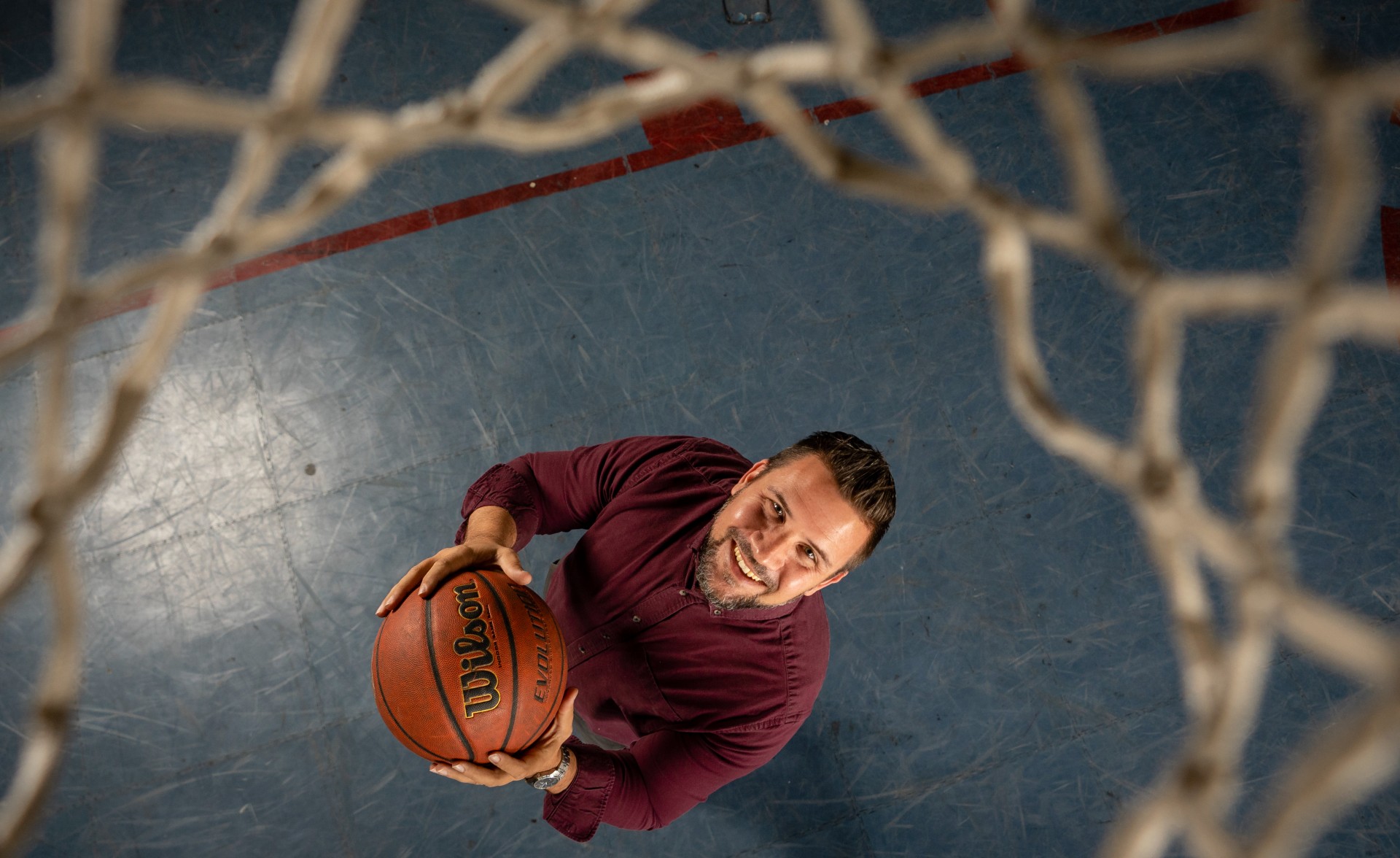
Percolating now are two ventures: an athletic training center for kids and an indoor cafe/outdoor incubator for mobile food vendors. Spark Tank invested $6,500 this year in the food concept; both ventures will be planted in the church’s home — a sizable building known as The Impact Center — and are more clearly aligned with its mission.
Other social entrepreneurs are succeeding long-term. Fresno Area Community Enterprises, or FACE, emerged from North Fresno Church and the congregation’s work in a neighborhood with high unemployment, poverty and other challenges.
FACE, a separate nonprofit, operates three social enterprises that include Rock Pile Landscaping, one of the earliest beneficiaries of a Spark Tank award. Rock Pile employs men struggling with barriers to employment, encourages water-wise landscaping and generates money.
“That is all three of the bottom lines of social enterprise,” said Loren Dubberke, the executive director at FACE and an associate pastor at the church.
White points to Dubberke as the ultimate pragmatist. “A lot of the traditional forms of ministry that we have all depended on in the church weren’t working and wouldn’t work,” White said. “So [Dubberke] just said, ‘If economics are at the heart of family life and a person’s stability, then how do we get at that?’”
Church-based social enterprise also provides a built-in customer base, White said. In the case of Rock Pile, for example, “it’s a job plus a caring relationship. That’s the magical combination.”
Crew member Andrew Imboden, 29, is trying to put his life back on track after prison — and hoping Rock Pile is the first step.
“There aren’t a lot of programs that help people out like this, and the ones that do, there’s a lot of hoops that you have to jump through,” he said. “Here, if you’re willing to work and you’re willing to change, they’ll help you get there. But you have to put in the footwork.”
What needs to change in your region for each person to participate in the thriving of the community?
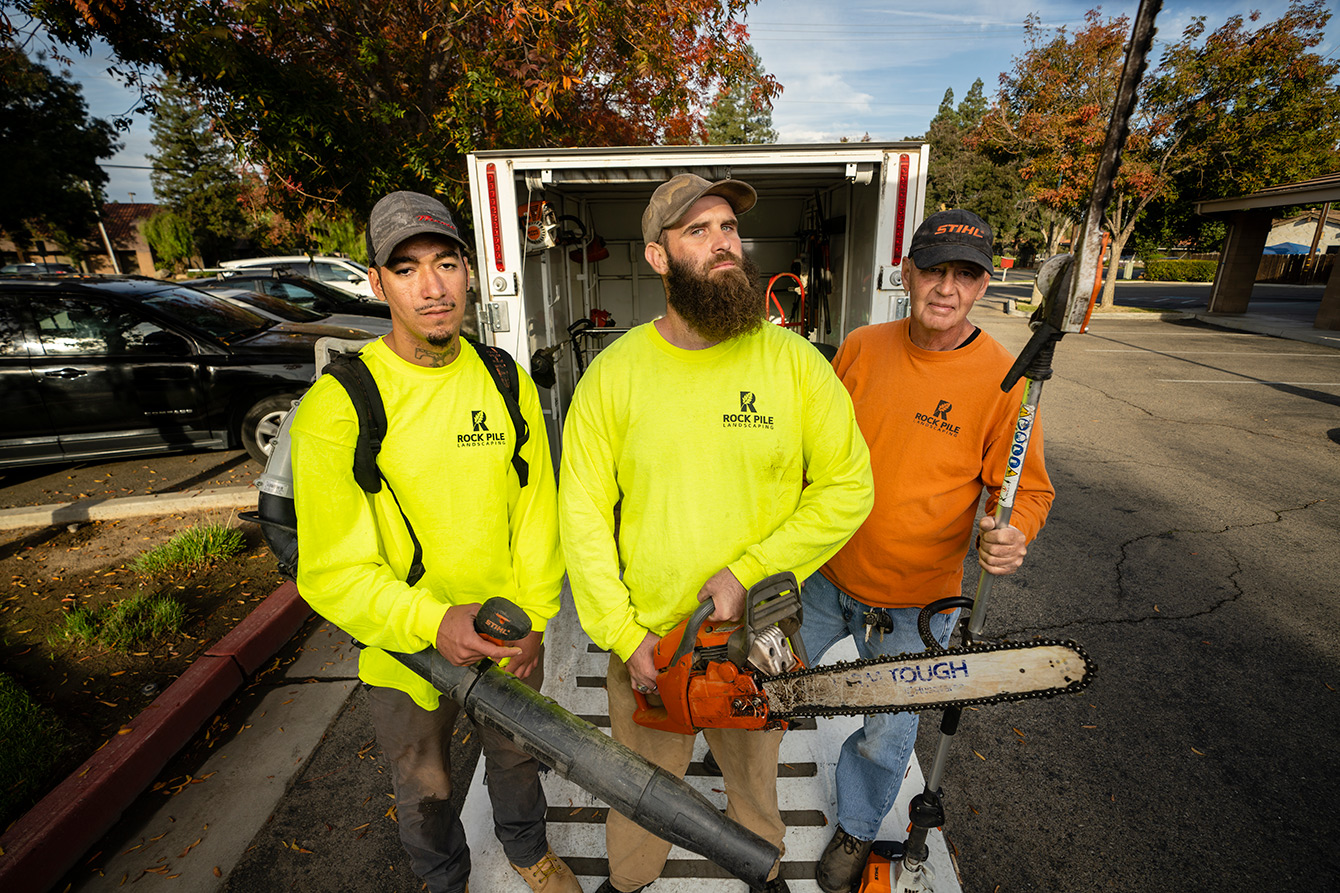
A parallel devotion to progress happens at the Center for Community Transformation. The work is expanding in many ways — the $24,100 awarded to four social enterprises this year is the second-largest in Spark Tank history.
Huerta and White share the center’s story at conferences and around the country, and also tap into the resources of Leadership Foundations to grow their model. “They have really been a catalyst to help us move our work forward,” Huerta said.
“We’re changing the way we’ve always done things in our region,” he said. “If we keep doing what we’ve always done, we’re going to end up with more of the same.”
Questions to consider
- Who nurtures the social, economic, physical and spiritual welfare of your community? How do you join forces to improve the welfare of all people?
- In Fresno, congregations are investing in community members who are solving community problems. What can it look like for you to come alongside and empower community members?
- Spark Tank provides “seed funding” in a region where social entrepreneurs’ family and friends may not have money. In your community, who is willing to fund a good idea? Who has a deep understanding of the challenges in your community but needs a few thousand dollars to get started?
- What did you learn from your last failure? How do those lessons help with the next idea? Who deserves the chance to try again?
- What needs to change in your region for each person to participate in the thriving of the community?

